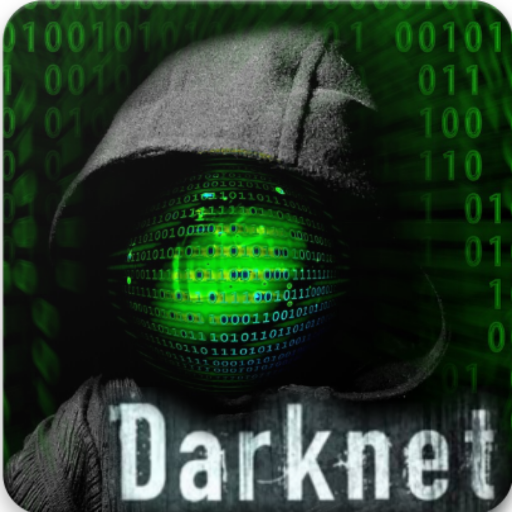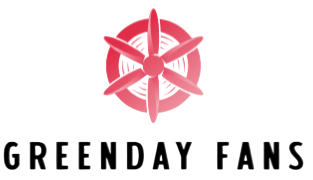In regions where internet freedom is heavily restricted, darknet services play a significant role in supporting global access to information. These platforms provide a secure and anonymous means for individuals to bypass censorship and surveillance imposed by authoritarian regimes. In many countries, government authorities monitor online activity, block access to independent news outlets, and restrict the use of social media platforms that promote free expression. For people living under such conditions, the darknet offers a vital alternative path to uncensored knowledge, open communication, and connection with the outside world. Darknet services operate on encrypted networks that mask users’ identities and locations. This anonymity is especially important for journalists, activists, whistleblowers, and ordinary citizens who risk persecution for seeking or sharing truthful information. By concealing user activity, the darknet allows individuals to access news, educational resources, and human rights materials that would otherwise be unavailable.

Moreover, these Omg даркнет enable people to communicate securely with others both within and beyond their borders, helping to build communities of resistance, share experiences, and coordinate peaceful activism. While the darknet is often associated with illicit activity in public discourse, its potential as a tool for freedom of expression and resistance against oppression should not be overlooked. In fact, it can serve as a lifeline for those in crisis zones or under strict government scrutiny. Citizens in heavily censored environments may use darknet forums to discuss social, political, and economic issues that are taboo or criminalized in public spaces. Accessing this information can foster critical thinking, encourage civic participation, and empower marginalized voices. The ability to reach global audiences through the darknet also allows suppressed groups to bring international attention to human rights violations, corrupt practices, or social injustices occurring in their countries. This external exposure can pressure governments to uphold accountability and support reform efforts.
Furthermore, the spread of circumvention technologies and guides for safely navigating these networks is helping more people to overcome digital barriers and reclaim their rights to information and privacy. In essence, darknet services provide a crucial infrastructure for the preservation of digital freedom where open access to the internet is not guaranteed. They create a parallel space where the flow of ideas and information cannot be easily controlled or silenced. As long as censorship and surveillance continue to threaten the open internet, these networks will remain important tools for ensuring that truth, education, and communication reach those who need them most, regardless of political borders or government restrictions. In conclusion, while the Darknet is often viewed through a negative lens due to its association with illegal activities, it can also play a vital role in driving forward ethical hacking, research, and educational initiatives. By using these services responsibly, cybersecurity experts, researchers, and students can harness the Darknet’s potential to advance innovation and create a safer, more secure digital environment.
